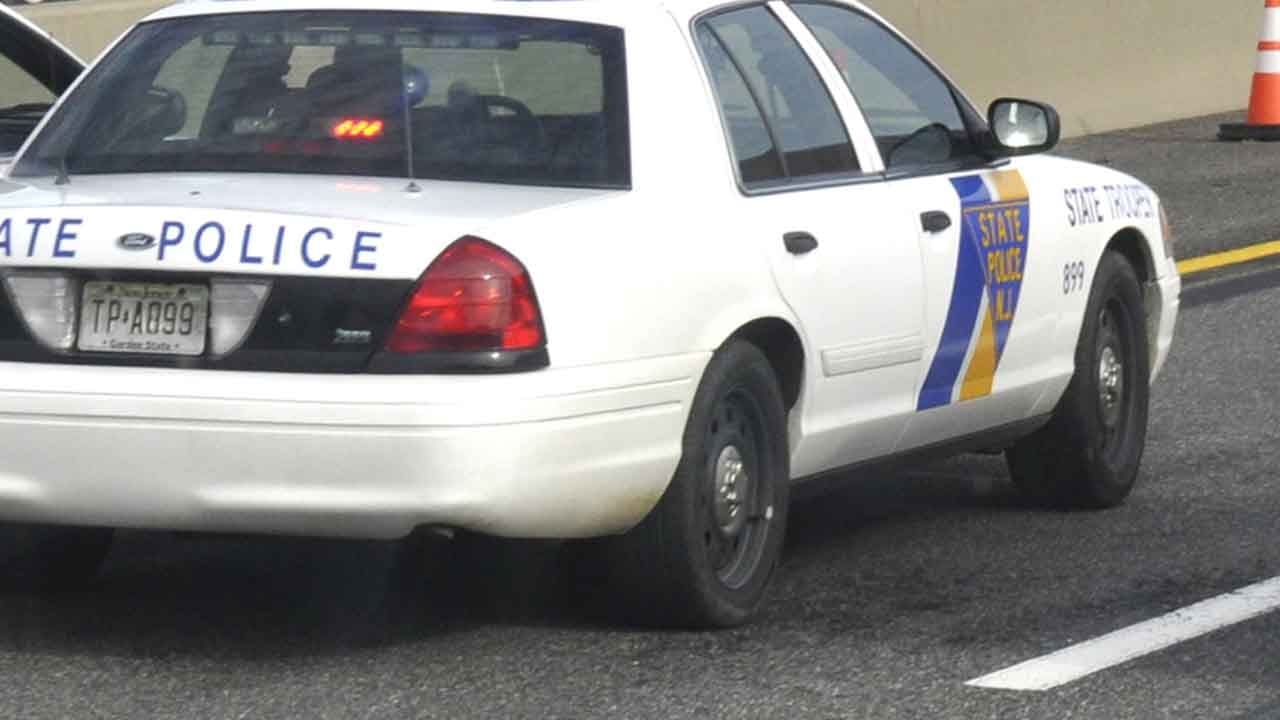TRENTON, NJ – A day after announcing white supremacy has infiltrated the ranks of the New Jersey State Police, local law enforcement, and New Jersey government, Attorney General Matt Platkin announced a pilot program to combat racial and ethnic disparities by law enforcement when it comes to traffic safety.
The New Jersey State Police will implement a traffic stop pilot program in an effort to reduce motor vehicle fatalities and increase officer and roadway safety.
The program will involve all members of the NJSP who regularly conduct motor vehicle enforcement actions. The Office of the Attorney General has engaged a team of independent researchers to develop interventions that will be piloted throughout the NJSP and across the state in the coming months. The research team will be led by Dr. Matthew B. Ross, an Associate Professor of Economics and Public Policy at Northeastern University, who has extensive experience in the study of the intersection of police enforcement actions and racial disparities.
The independent findings of the research team will be made publicly available upon the conclusion of the study. The program was initiated in response to an independent analysis of traffic stops made by the NJSP, which found significant disparities in the decision to stop a motor vehicle and in post-stop enforcement actions such as searches, use of force, and arrest.
Platkin said New Jersey state troopers are targeting blacks and ethnic New Jerseyans.
According to a report cited by Platkin, the initial findings also revealed the following disparities for Black and Hispanic motorists relative to white motorists stopped by NJSP troopers, controlling for a number of factors.
- More likely to undergo a search once stopped:
- Black motorists were 89.8%, and Hispanic motorists were 46.4%, more likely to be searched once stopped than white motorists.
- When searched, less likely to possess evidence:
- Black motorists were 9.7%, and Hispanic motorists were 26.6%, less likely to have evidence found when searched after a stop than white motorists.
- More likely to be asked to exit their vehicle:
- Black motorists were 14.65%, and Hispanic motorists were 9.6%, more likely to be asked to exit their vehicle once stopped by NJSP than white motorists.
- More likely to be arrested once stopped:
- Black motorists were 87.5%, and Hispanic motorists were 56.8%, more likely to be arrested once stopped by NJSP than white motorists.
- More likely to experience use of force by law enforcement:
- Black motorists were 130%, and Hispanic motorists were 27.5%, more likely to experience force once stopped by NJSP, relative to a dependent mean of 0.010.
“The preliminary findings of the ongoing study being conducted by Dr. Ross are deeply troubling. It is unacceptable for the actions of law enforcement to have a disparate impact on communities of color. All New Jersey residents and visitors to this great state deserve to be treated equally and fairly – especially by people in positions of authority sworn to serve the public. Whether the result of implicit bias, systemic faults in policies, or something more intentional, whatever the root cause of these disparities, I am committed to righting these wrongs,” said Attorney General Matthew J. Platkin. “I look forward to continuing to work with Dr. Ross and his team. I firmly believe that the work we will do in piloting new initiatives will save lives on New Jersey’s roadways while simultaneously reducing the disparities identified in the initial phase of the study.”

